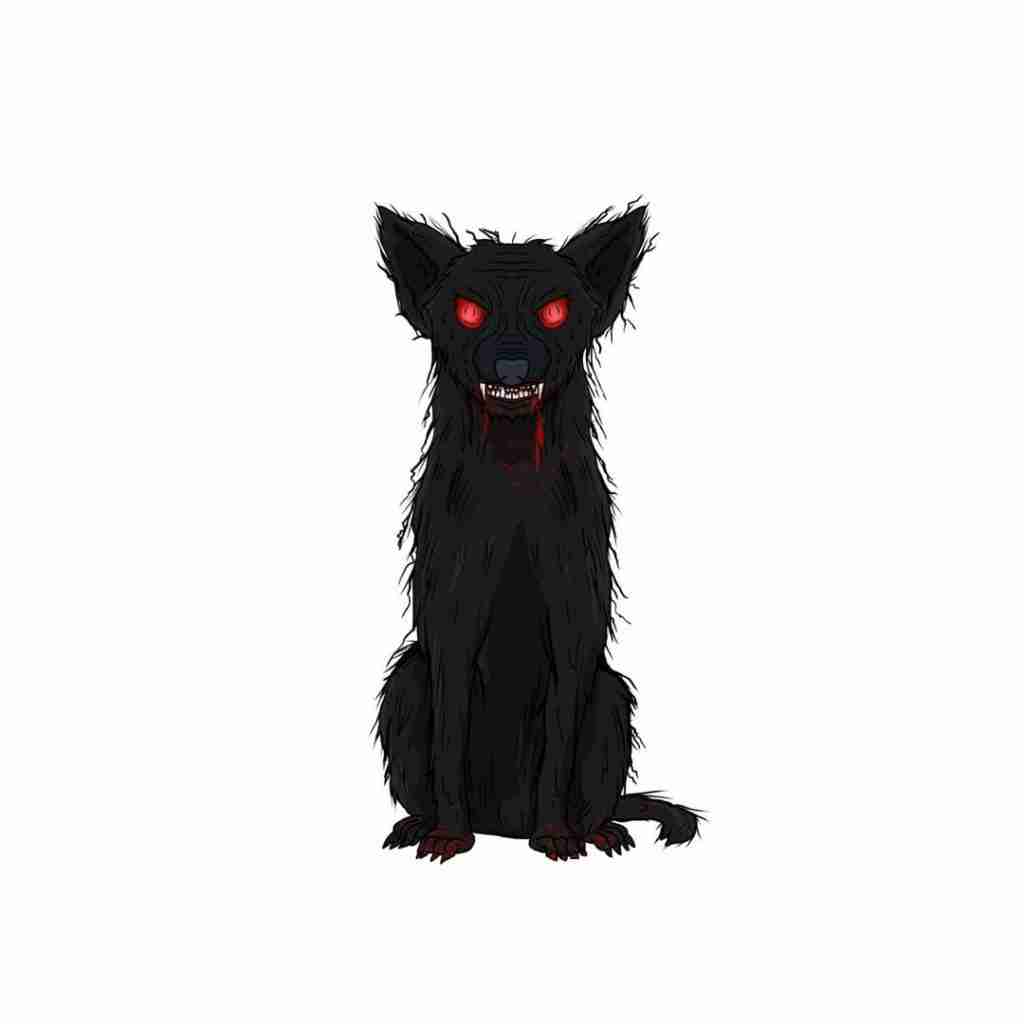Lo-fi is quickly becoming one of the most popular genres in music today for many different reasons, many love it due to how it infuses characteristics from other genres such as Jazz and Blues due to its use of 7 and 9 chords plus its use of pentatonic scales.
As music producers, mixing engineers, and mastering engineers we are often taught to strive for perfection in our sound design, mixing, and mastering, but Lo-fi is a genre that goes against most of these traditional values and intentionally means to bring out “imperfections” in turn giving the music unique texture.
We decided to talk to an upcoming lo-fi producer, to learn their best lo-fi production tips and understand how to get the crackly lo-fi sound that most are eager to achieve.
Our producer of choice is Grimmm who makes guitar-driven lo-fi with luscious melodies and experimental textures.

Follow his music on Spotify here >>
Grimmm’s Top 5 Lo-fi Production Tips
1. Use 7 and 9 chords.
Lo-fi is heavily influenced by genres such as Jazz and Blues, borrowing a lot of the same melodic chord structures adapting the use of 7 chords and 9 chords, as well as the use of pentatonic and blues scales.
Creating 7 and 9 chords on the piano is as easy as following a simple numbering system, here is how it works.
How do you make a 7 chord?
The easiest way to make a m7 chord, is by utilising the numbering system, You’ll have a root, a major 3rd, and a 5th. To turn that into a major 7 chord you just need to add the 7th scale degree.
To make it easy for those that don’t know music, count 1, 3, 5, 7 excluding the black keys, if you were aiming to create a C Maj7, you would be playing these notes C, E, G, B, to make this a minor 7 chord, take the 3rd and the 7 and drop them down by one, in this case, the notes would now become C, Eb, G, Bb to formulate a C Min7.
How do you make a 9 chord?
Just like any other chord, a 9 chord, either minor or major, can be easily achieved by utilizing the numbering system, to formulate a major 9, simply count, 1, 3, 5, 7, 9 from your root note, to turn this into a min9 chord simply take the 3rd note and drop it down by 1, making it a b3, also take the 7 and drop it down by one, making it a b7.
In the context of Cmin9, the notes you play would end up being C, Eb, G, Bb, D.
For CMaj9, these notes would be, C, E, G, B, D.
2. Use tape emulation plugins.
Tape emulation plugins such as Retro Colour RC-20 can be a great addition to your arsenal of effects units if you want to achieve a lo-fi sound.
Here is a video from the Your Local Musician YouTube channel showing RC-20’s product features.
RC-20 will add a rich lo-fi texture to any guitar loop, melody loop, or drum loop you through on it.
Since its release back in 2017, it has become a staple plugin to the lo-fi production community for achieving, the crackly, lo-fidelity sound that birthed the genre quickly and efficiently.
3. Sound Selection
This one, is hopefully obvious, just because Lo-fi is lo-fidelity doesn’t mean you pull back on having great sounds.
Having great sound selection is the key to great music production regardless of the genre you’re making.
Lo-fi is no stranger to that.
Some of the sample packs Your Local Musician has made that are tailored for lo-fi are a great starting point to find your feet within the genre.
Here are my top 5:
- Journey (Chill Guitar Loops)
- Views (Ambient Guitar Loops)
- PIE (Calm Guitar Samples)
- Pick ‘n’ Mix – Chill Melody Loops
- The Panda Kit (Chill Lo-Fi Drum Samples)
There are also more and more, subscription-based platforms that have a huge amount of lo-fi sound packs a few of the platforms that have partnered with Your Local Musician are:
The above is the exact 3-point system that I tap into each and every time that I make a lo-fi track, use a lot of 7 and 9 chords, use effect plugins designed to make a sample sound lo-fidelity, and of course, choose amazing sounds.
If you keep things simple and easy, you will set your production up for success and for a great career.







